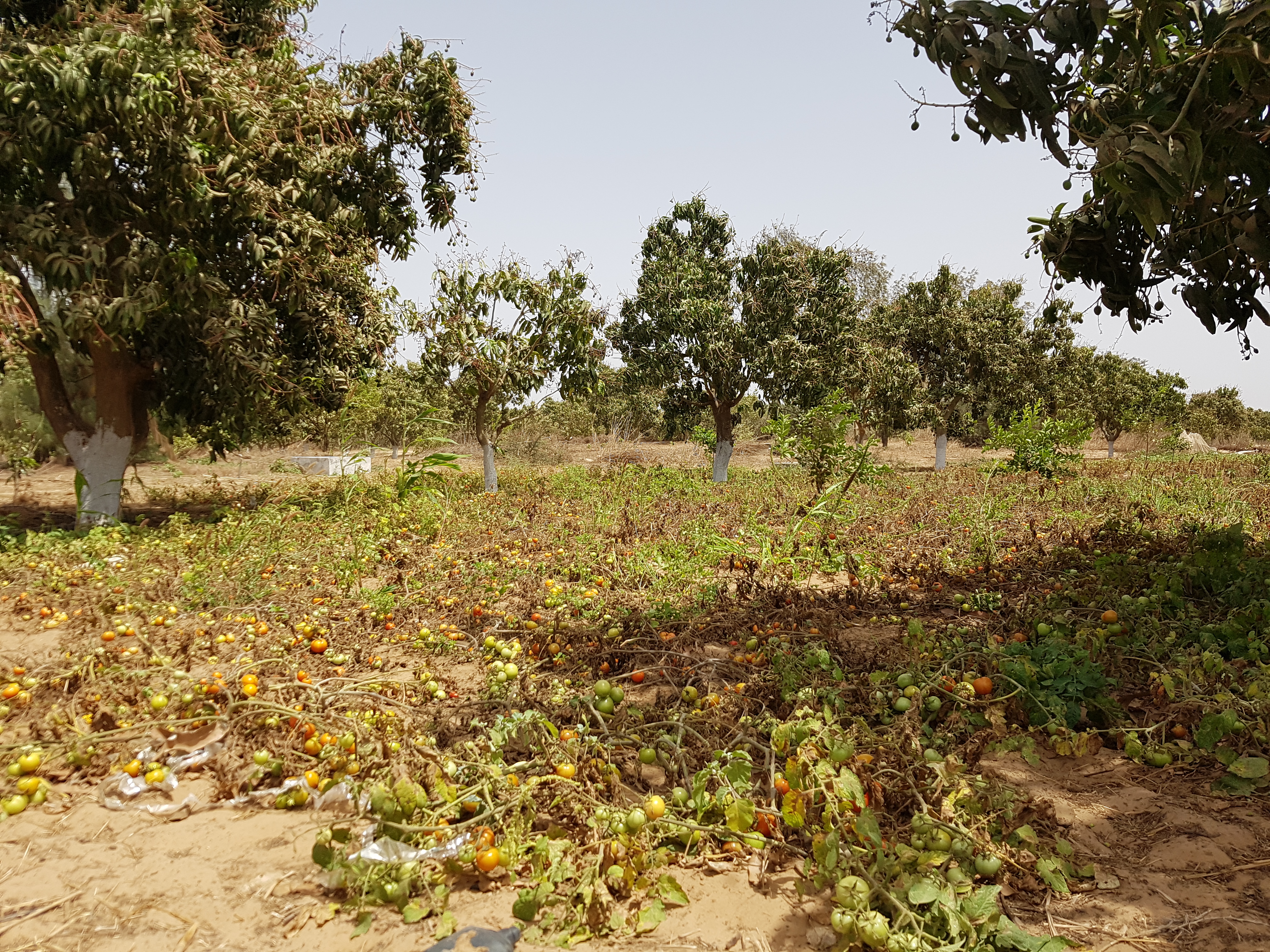ComaFruits was created in 2009 to enhance the value of the huge and largely unexploited organic mango catchment in Mali. Mangoes from Mali are probably among the most tasty, refined mangoes in the world. However, Mali is a landlocked country so farmers desperately need the support of a processing plant to take advantage of this natural blessing.
ComaFruits built a state-of-the-art plant to process mangoes into purée, frozen cubes and dried mangoes. ComaFruits is based in Selingué, 200 km South from Bamako, in one of the main mango production basins and developed a strong outgrowers’ network of more than 1’000 producers. ComaFruits offers a reliable outlet for mango producers, absorbing a growing amount of fresh mango that would otherwise be wasted. While the mango season lasts only three months, the company works all year round with smallholders and cooperatives. Its dedicated team provides technical assistance to Farmers to promote best practices in mango orchards, and trains them to get the Organic, Rain Forest and Fair Trade certifications.
SOBEMA is a pioneering Malian company that aims at providing local markets with a range of different beverages, based on locally sourced ingredients. With this investment, SOBEMA will launch the production of a broad range of beverages, from mineral water to fruit juices and flavoured drinks.
SOBEMA is leveraging strong synergies with Comafruits, its sister company. By sharing its processing facility in Sélingué with ComaFruits, SOBEMA fosters the diversification strategy of the firms that will be able to process a diverse range of fruits and vegetables (e.g. goyaba, oranges, cashew apple, tomatoes, pineapple, pomegranate, ginger, etc.) with only little amendments to be made to the machinery.
Moringa’s investment in ComaFruits and SOBEMA is aimed at increasing and broadening their product range, hence creating the opportunity for farmers to further diversify their production and income. It will support the dissemination of agroforestry and sustainable land use practices as farmers will have a secured outlet for all their production. Farmers will benefit from increased technical and financial support to fully adopt diversification practices that can enhance both their livelihoods and the environment.




